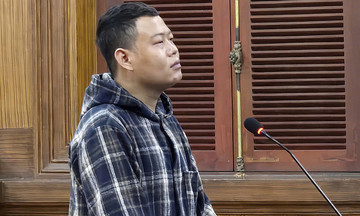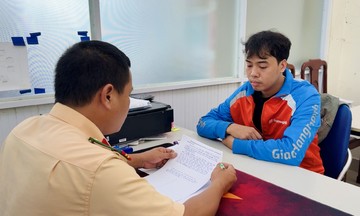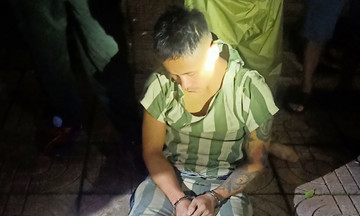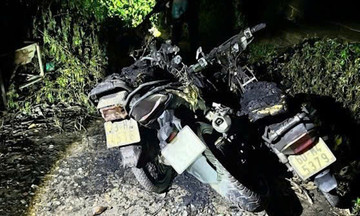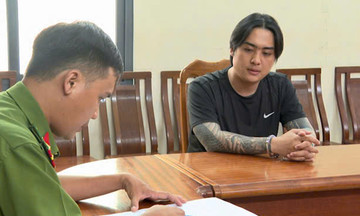This resolution will take effect on 1/1/2026 and will be implemented for 3 years in Hanoi, Ho Chi Minh City, Da Nang, Can Tho, Quang Ninh, and Dak Lak.
Vulnerable groups include children, the elderly, people with disabilities, pregnant women or those nursing children under 36 months old, people with cognitive difficulties, those who struggle with behavioral control, people deemed legally incompetent, and ethnic minorities residing in disadvantaged areas.
Public interests encompass common benefits and state interests in areas such as public investment; land, natural resources, and other public assets; the ecological environment; cultural heritage; food and drug safety; and consumer protection.
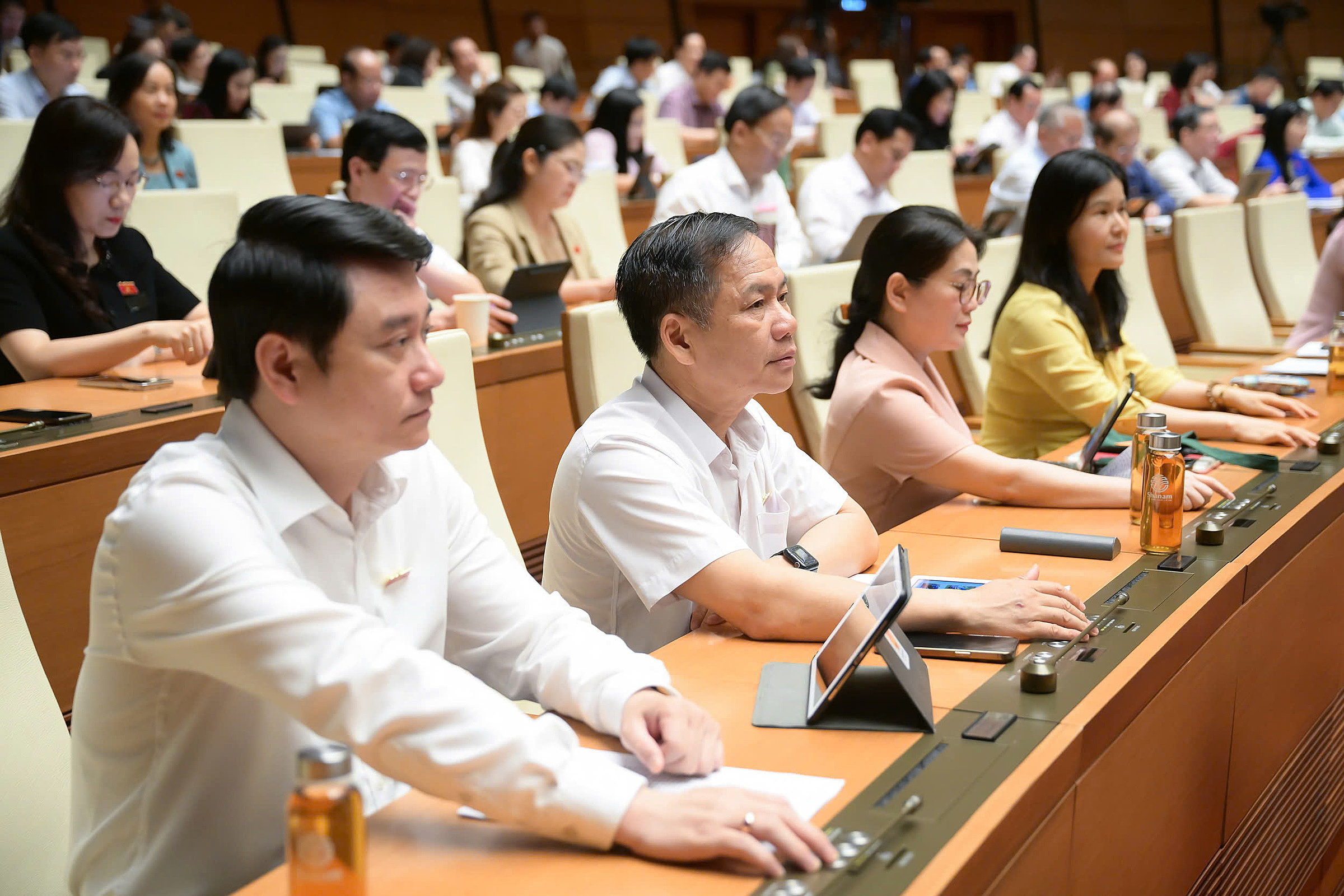 |
The National Assembly votes to approve the pilot resolution, which will allow the SPP to file civil lawsuits to protect the civil rights of vulnerable groups. Photo: National Assembly Portal |
The National Assembly votes to approve the pilot resolution, which will allow the SPP to file civil lawsuits to protect the civil rights of vulnerable groups. Photo: National Assembly Portal
The SPP is responsible for receiving and processing information concerning infringements on the civil rights of vulnerable groups or public interests; inspecting, verifying, and gathering information, documents, and evidence. The SPP has the authority to request the court to apply temporary emergency measures to protect civil rights and assets, ensure evidence collection and preservation, and guarantee case resolution or judgment enforcement. The SPP can also request agencies, organizations, and individuals to cease violations and implement measures to prevent and mitigate consequences.
Regional courts have the jurisdiction to conduct first-instance trials for public interest civil cases. If the damaged object is real estate, only the regional court where the property is located has the jurisdiction for the first-instance trial.
If the real estate is located in multiple areas, the regional court where one of the properties is situated has the jurisdiction for the first-instance trial.
The SPP stated that the policy and perspective on protecting public interests and vulnerable groups were affirmed in Resolution 27/2022 of the Central Committee.
Protecting vulnerable groups and public interests is a fundamental characteristic of the State. However, in reality, the responsibility and role of agencies, organizations, and individuals in filing lawsuits have not been truly effective. Civil cases infringing upon the civil rights of vulnerable groups and public interests still occur.
Current regulations do not clearly define the entities authorized to file lawsuits, or responsible agencies and organizations have not genuinely prioritized or proactively requested lawsuits.
There are several reasons for this situation, including the lack of specific legal provisions for a mechanism to ensure agencies and organizations file lawsuits, and the SPP not being authorized to file civil lawsuits.
Experience in many countries demonstrates the effectiveness of the SPP or the Public Prosecutor's Office in protecting public interests and vulnerable groups through civil litigation.
Son Ha



